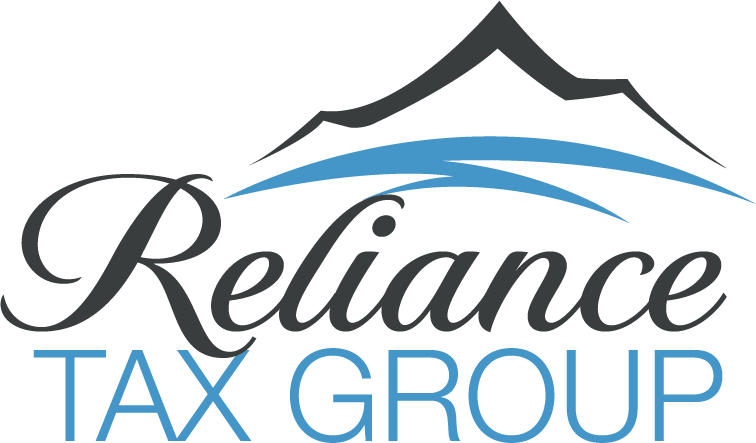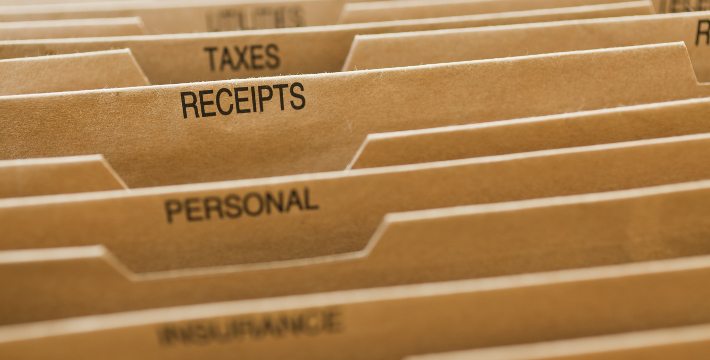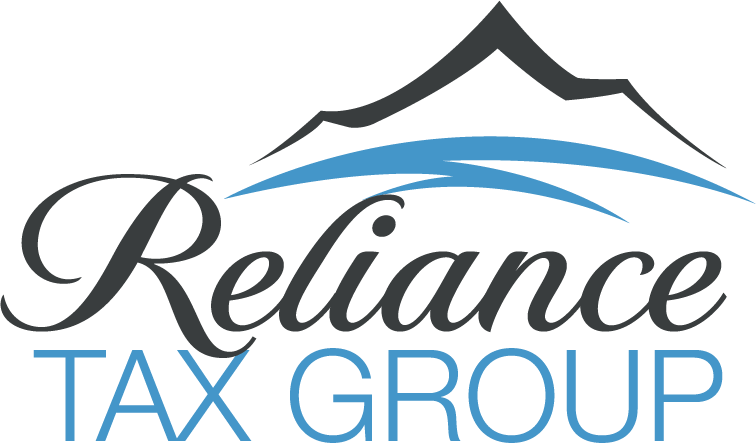What Kind of records should I keep?
In order to know if you should retain a document, you should know that taxpayers have the responsibility to prove entries, deductions, and statements made on their tax return. This is known as the burden of proof. You must substantiate your expenses in order to be able to deduct them. Therefore you should keep records to prove your expenses. Generally, keep evidence i.e. receipts, canceled checks or bills that support your expenses. Additional documentation is required for travel, entertainment, gifts and auto expenses.
How long to Keep Tax Records?
According to the IRS’ website, the length of time you should keep a document depends on the ‘action, expense or event’ which the document records. The IRS has established a period of limitations that apply to income tax returns which outlines how long you should keep each document. The period of limitations is the period of time in which the IRS can assess additional tax or you can amend your tax return to claim a credit or refund. Please see the table below explaining the period of limitations for tax returns– this is a great rule of thumb on how long to keep tax records.
| Keep Records for: | If… |
| 7 years | You file a claim for a loss from worthless securities or bad debt deduction. |
| 6 years | You do not report income that you should report, and it’s more than 25% of the gross income on your return. |
| 4 years | You have employment tax records. Begin counting after the date the tax becomes due or is paid, whichever is later. |
| 3 years | None of the above apply, Keep records a minimum of 3 years. |
| 3 years | None of the above apply, Keep records for 3 years from the date you filed your original return of 2 years from date you paid the tax, whichever is later, if you file a claim for credit or refund after you file your return. |
*data from irs.gov/businesses/small-business-self-employed/how-long-should-i-keep-records
If you have property, keep documents relating to the property until you dispose of the property. You will use these records to record depreciation, amortization or depletion. They will also be used to figure the gain or loss when you sell or dispose of the property.
Keep records pertaining to old property as well as new property if your basis in the property transferred to the new property. You will use this to report your basis in the new property.
So, how long to keep tax records on average? All in all, it is a good idea to keep records for a minimum of 3 years however, I always advise clients to keep documents for as long as 7 year to ensure you are covered in the case of an audit. Too often I have clients accrue a tax bill because they didn’t have the necessary documentation to back up their expenses, claims and deductions on their tax return from several years past. The better records you keep today, the better you will fare in an IRS audit. Please contact us today if you have additional questions about recordkeeping.











I found this to be SO helpful. I started filing my own taxes a few years ago and recently started with my husband. We both looked at each other this year and thought “how long do we keep this stuff?!” Well now we know!
I’m glad this helped! We will be posting a lot of tax tips over the next few months. So, if you have any questions again please visit out site!